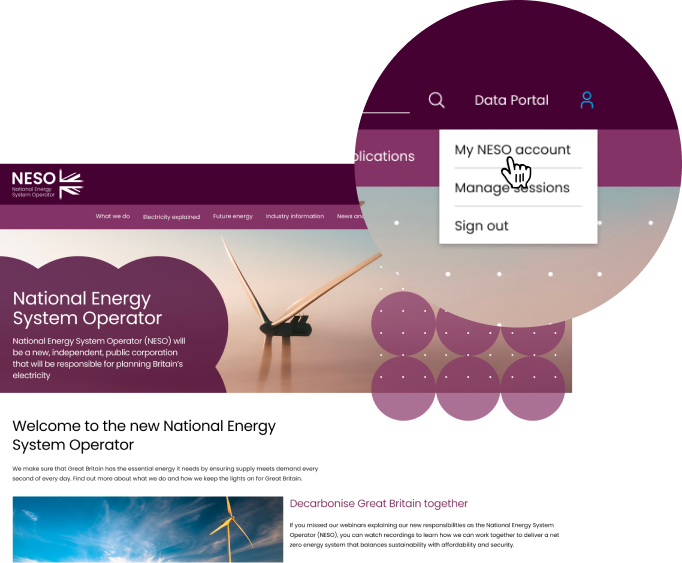
Energy Markets
We will encourage competitive, coordinated and coherent whole energy markets that result in the most cost-efficient energy system and give us the tools and services to operate in a low-carbon energy landscape.
Markets allow businesses to provide services to the energy system, enabling the system operator to decide how market participants flexibly generate, store and consume energy. Through competitive processes, markets deliver lower costs for consumers, whilst creating economic growth for Great Britain by rewarding businesses for acting in a way that is beneficial for the system.
Markets drive healthy competition, which results in delivering the best value for consumers and stimulates investment in the emerging technologies or services that we will need in the future. A diverse set of different markets across our energy system can work together to drive affordability, security of supply and decarbonisation.

Key information
- Designing a coherent whole energy market strategy in collaboration with industry and government, taking advantage of cross-market solutions so that gas, hydrogen, carbon and electricity markets work together.
- Working with government, the regulator and industry to ensure that market arrangements deliver efficient investment and operation of a secure net zero electricity system, maximising value for businesses, industry, and households.
- Reforming electricity balancing and ancillary services markets, to unlock the potential of low carbon flexibility providers across all markets, both transmission and distribution.
Projects
Reformed National Pricing
Effective markets are key to delivering and operating the most efficient energy system, and it is critical that those markets are efficiently designed and implemented to deliver affordable, secure and clean energy.
Whole Energy Market Strategy (WEMS)
Our Whole Energy Market Strategy team was established in early 2024 to develop an independent view of cross vector market interactions, providing recommended solutions to tackling challenges, conflicts and inefficiencies to facilitate net zero.
Early Competition
Early Competition is a competitive process to select a bidder a solution or a specific need on GB's electricity transmission system. The process begins ‘early’, prior to the detailed design, surveying and consenting phases of solution development.
Stability Market Design
As more non-synchronous generation enters the system, NESO needs to secure alternative sources of stability. We’re investigating the best option for an end-to-end Stability Market Design to enable an open, transparent and competitive market.
Publications
Markets Roadmap
The need to decarbonise the power sector is driving a fundamental shift in how stakeholders use and interact with the electricity system. NESO’s annual Markets Roadmap sets out our ambitions, principles and process to transform GB’s markets.
Electricity Capacity Report
Our Electricity Market Reform (EMR) Modelling team measures the contribution that different technologies make to security of supply. Each year, they publish their modelling and provide annual recommendations in our Electricity Capacity Report.
Frequency Risk and Control Report
Published annually, this report includes an assessment of the magnitude, duration and likelihood of temporary deviations in system frequency, forecast impact and the cost of securing the system.

Markets Forum and events
Our regular Markets Forum event details the work underway across NESO markets. Check out our latest webinars and the work we're undertaking to reform markets to support net zero for 2025 and beyond.
To see a list of our other markets engagement activity, visit NESO calendar and filter for markets.
Get involved
Subscribe to our mailing list
Get the latest NESO Markets team updates delivered straight to your inbox.
Email us
Have a question or want to learn more? Learn who to contact on our Markets team.
Latest news
All the latest news from the heart of Great Britain's electricity system.














